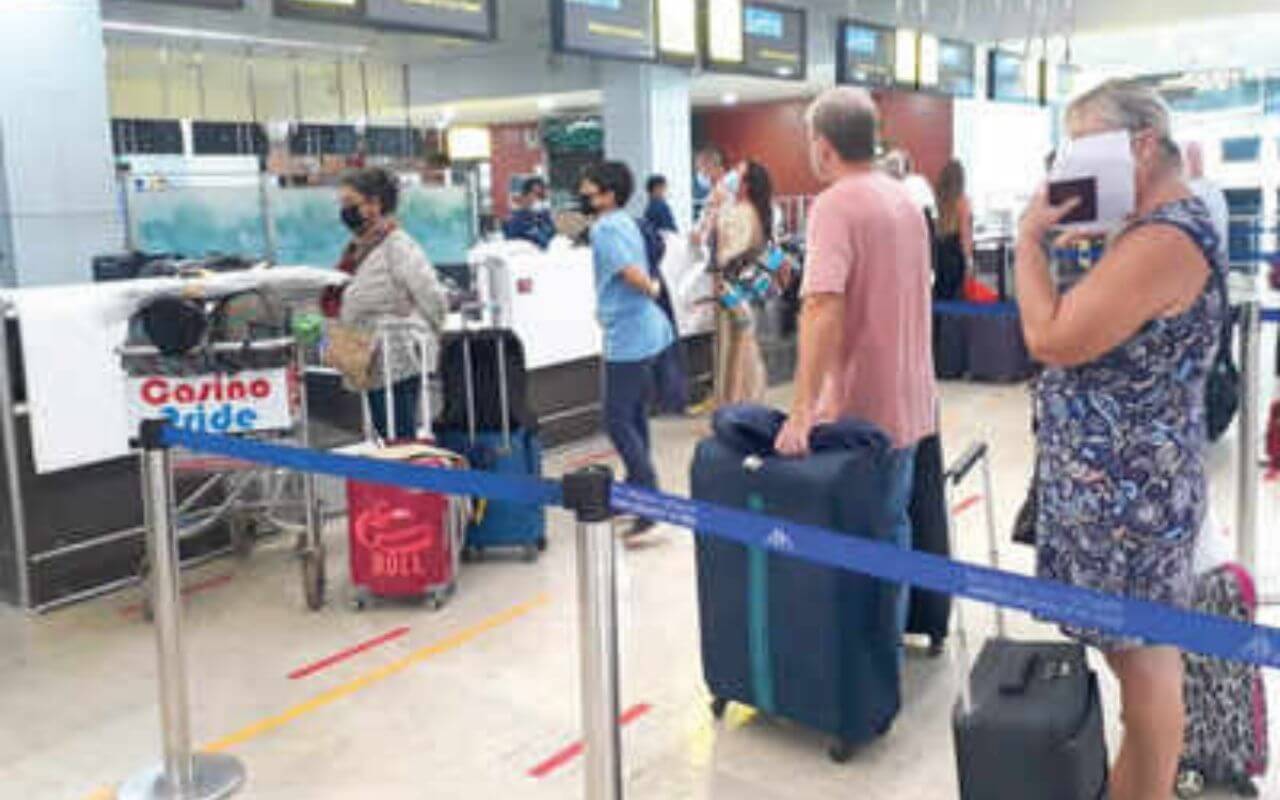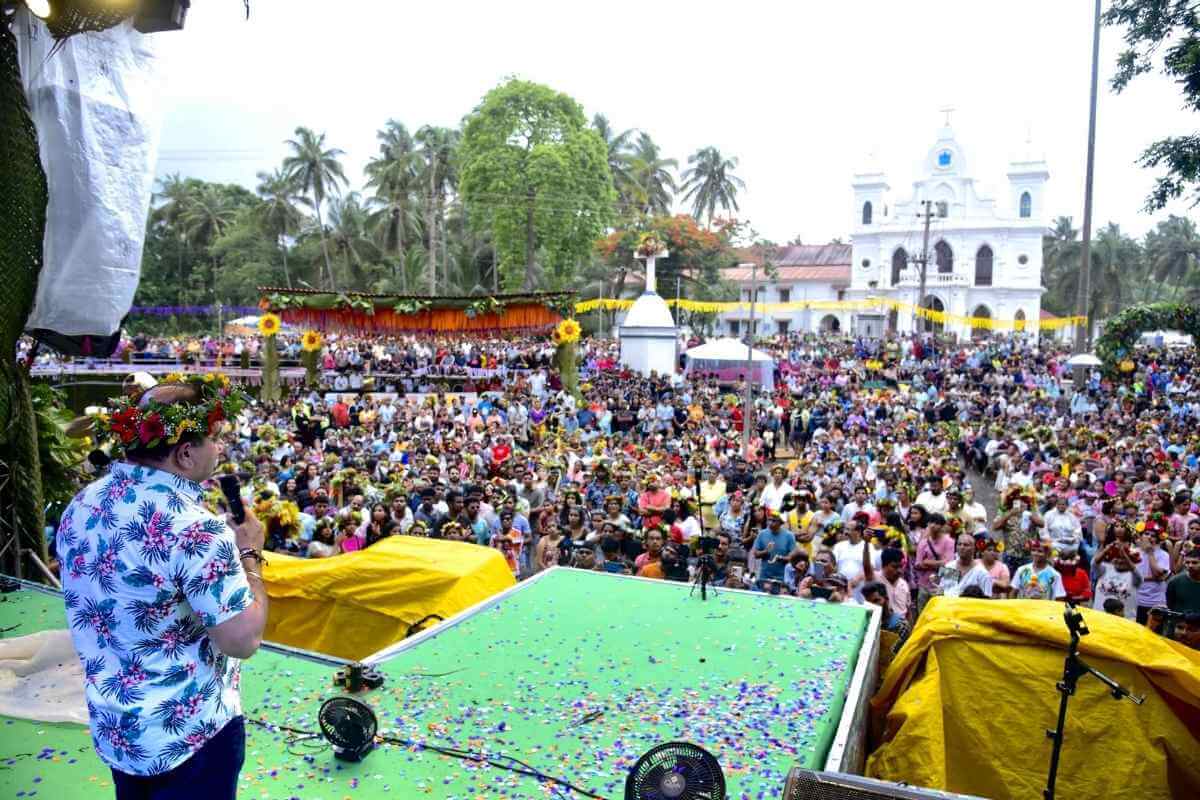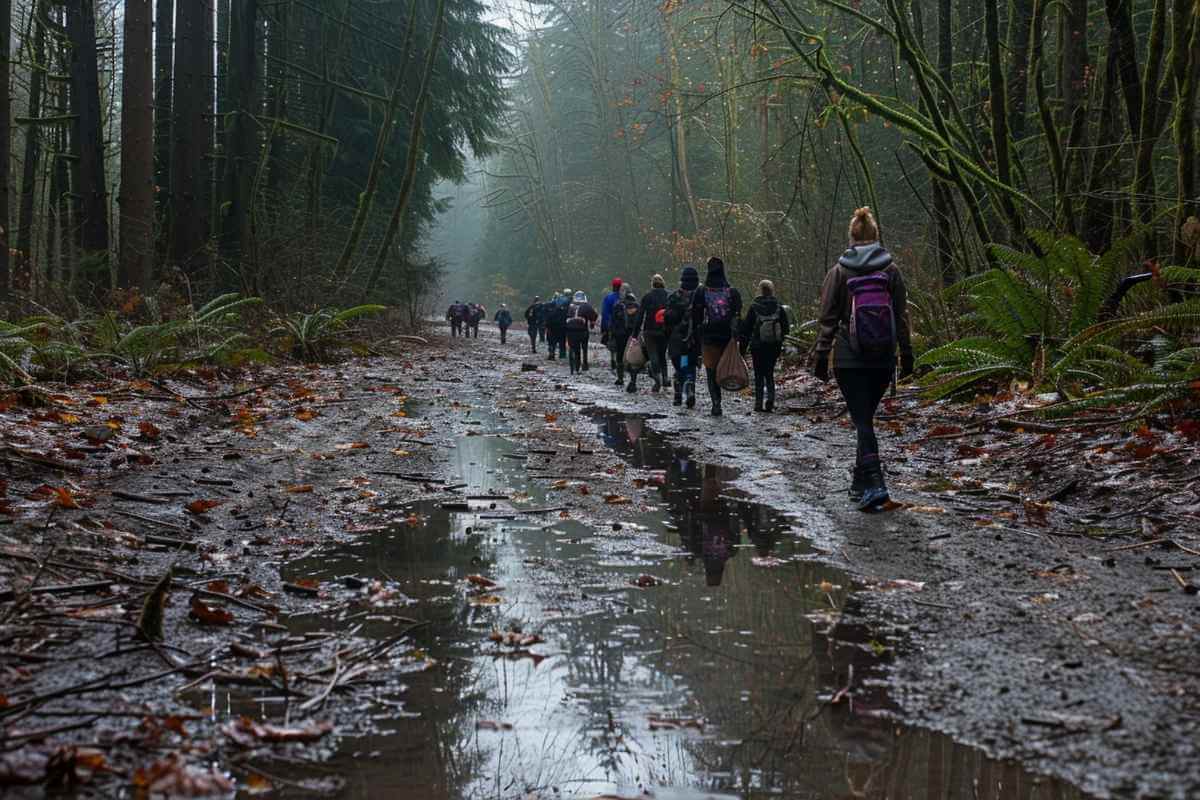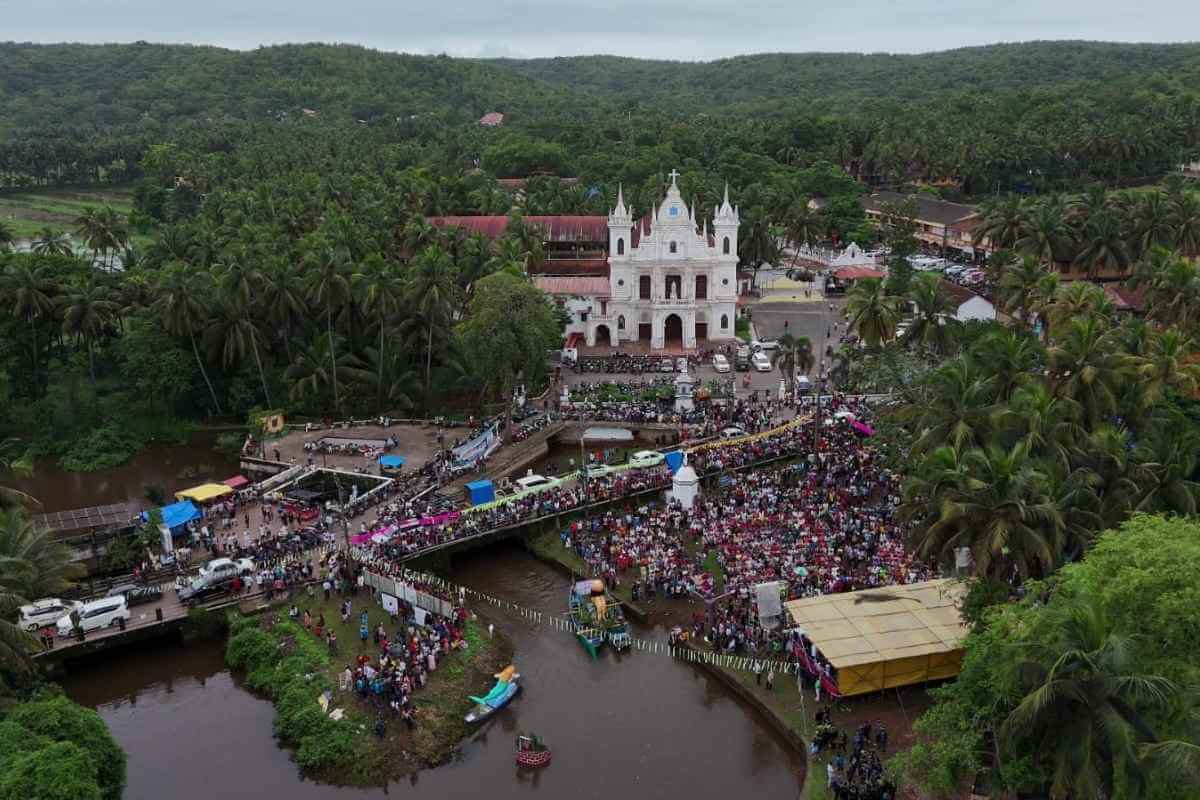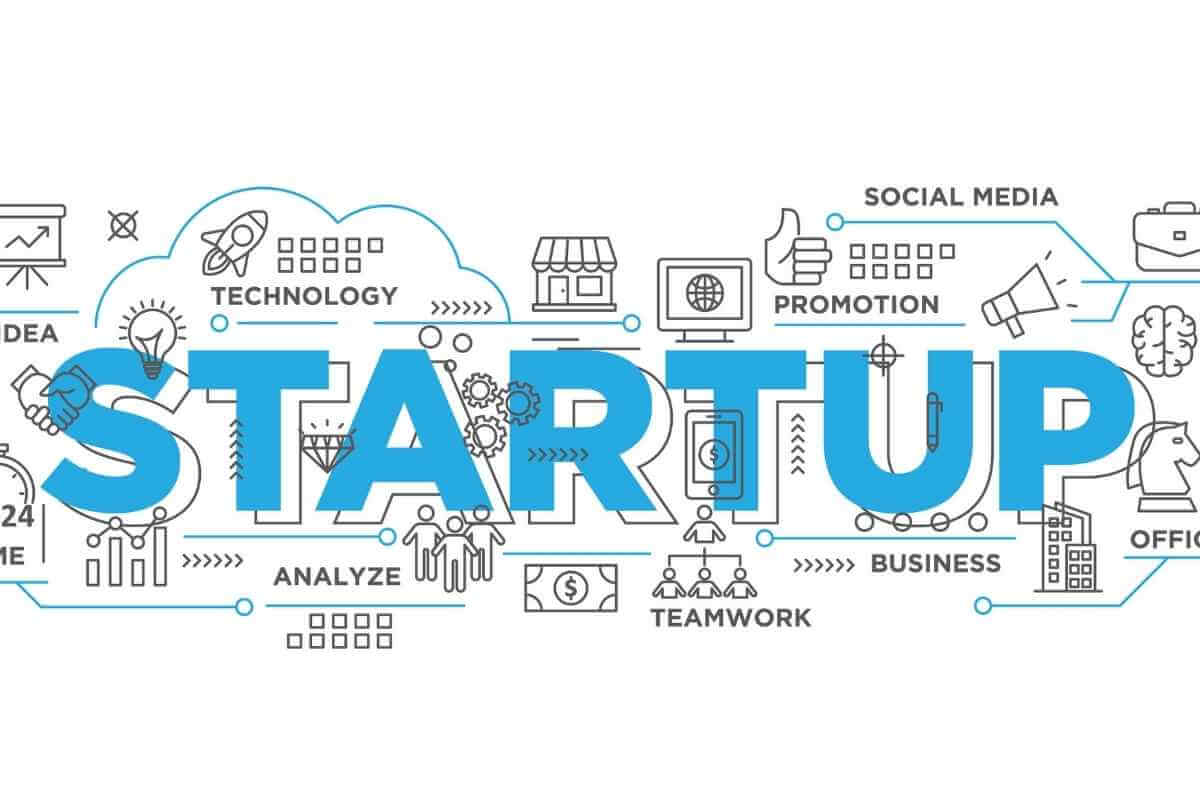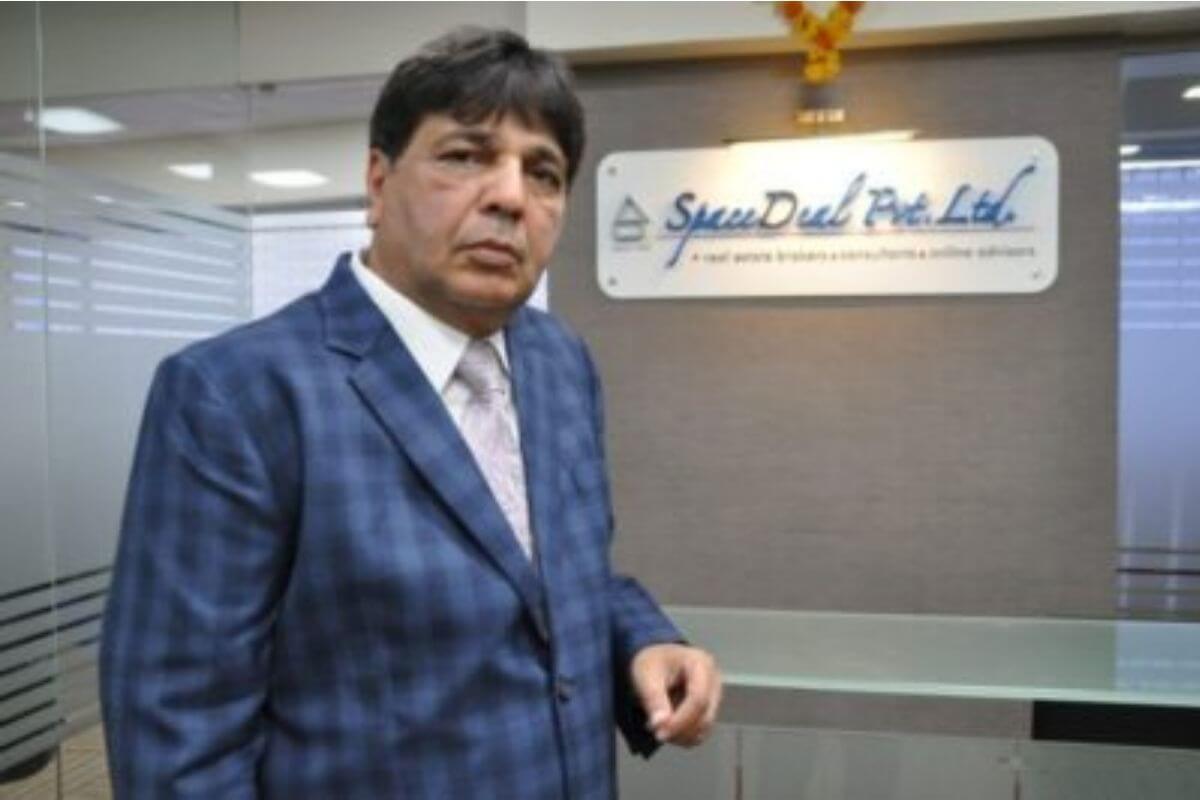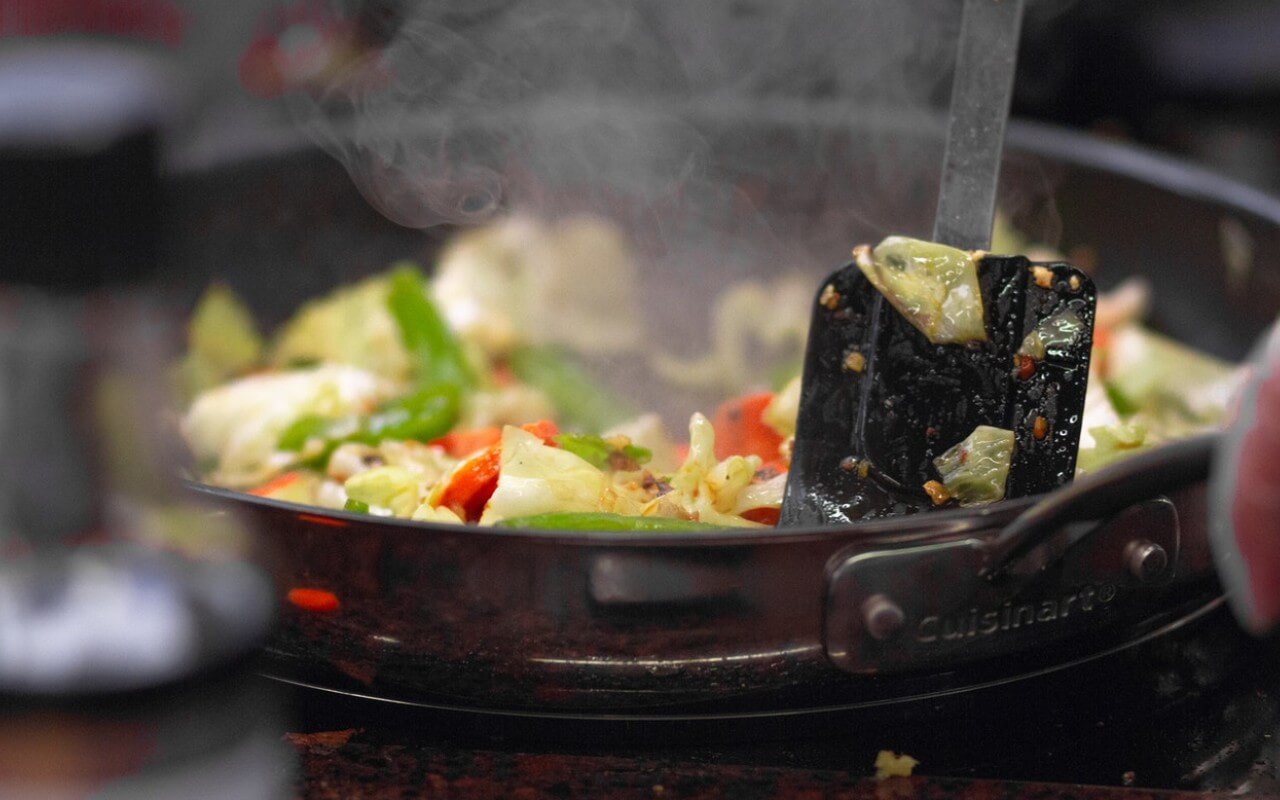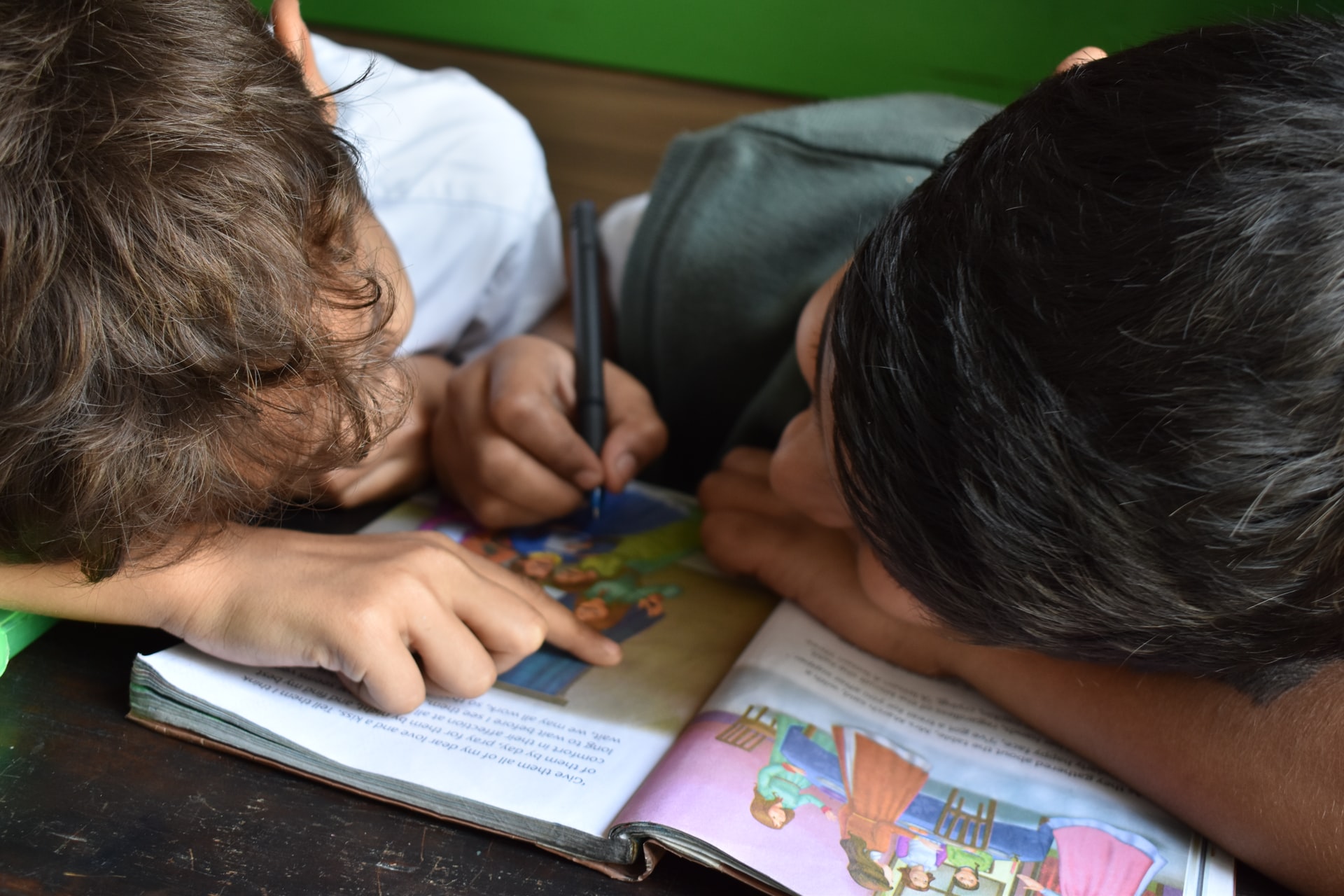To boost the tourism industry in the country Indian Government has announced a FREE VISA policy for the first 5 lakh International tourists entering the country. This move comes as a beacon of hope for tourism-centered states such as Goa which are worst hit by the pandemic and lockdowns. What is this free Visa policy and how to avail of it? Read here…
In her recent address on Monday evening, the Union Finance Minister Nirmala Sitharamana announced a set of 8 relief measures meant for the worst-affected sectors of the economy. Tourism sector has borne heavy losses over the past year. “Once international travel resumes, the first 5 lakh tourists who come to India will not have to pay visa fees,” said the finance minister.
As per the scheme, the first 5 lakh international tourists who apply for an Indian Visa will be provided the same without any charges, for free. The scheme will run till 31st March 2022 or until the first 5 lakh, Visa applications are received, which is earlier. It is to be noted that, each tourist will be eligible for this scheme only once.
This is set to be a major incentive for foreign tourists and thus, boosts the tourism sector in the country. A host of other schemes were also announced towards the same goal. These include a new loan guarantee scheme for 994 travel and tourism stakeholders (TTS, as recognized by the Tourism Ministry) and 10,700 regional- or state-level licensed tourist guides.
The embargo on international arrivals which began as early as May last year has shown its ugly repercussions 13 months into the ban. To highlight the significance of the sector, UN FM pointed out that 10.93 million tourists visited India in 2019 and spent US$ 31 billion on leisure and business. On average, an individual tourist stayed for about 21 days and spent $34, or ₹2,400, daily.
Loans will be provided with a 100% guarantee up to certain limits, she said. For TTS the limit will be ₹ 10 lakh (per agency) and for guides, it will be ₹ 1 lakh. There will be no processing charges and waiver/foreclosure payment charges, and no additional collateral is needed, she said. Apart from this, the Centre is also offering financial support to more than 11,000 registered tourist guides/travel and tourism stakeholders.
As per the International Monetary Fund (IMF), tourist arrivals fell globally by more than 65 percent in 2020, with a near halt since April, according to ongoing IMF research on tourism in a post-pandemic world. Tourism receipts worldwide are not expected to recover to 2019 levels until 2023.
Closer home, India’s travel and tourism industry are likely to reach 35-40 percent revenue of the pre-pandemic level in the current financial year, according to a report. With much progress in the immunisation drive and eased travel restrictions, domestic tourism is expected to improve gradually but international holidays and inbound tourism are likely to have a slower pace.
While this is also determined by the international travel policies of the respective countries, the incentive provided by the Union is purported to accelerate the revival process to an extent. This brings much-needed relief to Indian states such as Goa and Kerala which were most significantly hit by the ban on tourism, and international arrivals in particular.
In fact, as per an official report, Goa’s tourism industry may have suffered a loss of between Rs. 2,000 to Rs. 7,200 crore and job losses in the range of 35 percent to 58 percent on account of the Covid-19 pandemic.
Loan guarantees for Covid-affected sectors, sanctions for up-gradation and expansion projects in medical and healthcare infrastructure and announcement of emergency credit line guarantee schemes to soothe distressed businesses, were among other schemes announced during the address.

